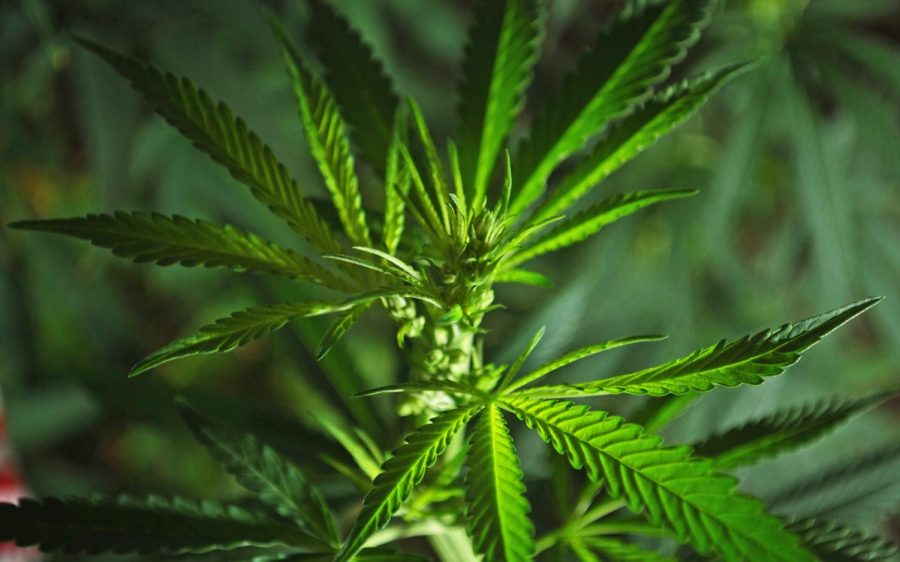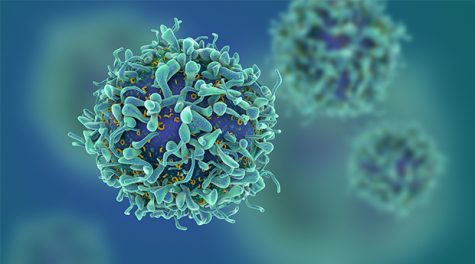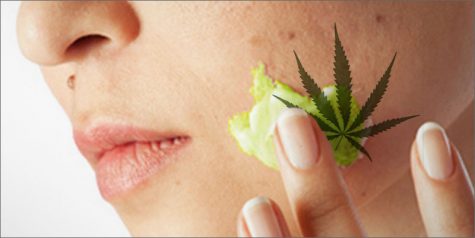Cannabis is being used for MS-associated nerve, pain and sleep problems by half of patients
A nationwide survey of cannabis-based therapy among Americans has provided some insights into the benefits of cannabis for Multiple Sclerosis (MS) symptoms. According to the results, which were published in the Multiple Sclerosis Journal – Experimental, Translational and Clinical, almost half of survey respondents support the use of cannabis for MS.
The findings of the study, titled, “Cannabinoid use among Americans with MS: Current trends and gaps in knowledge,” were gleaned by a group from the University of Michigan. A total of 1,217 survey respondents participated in the survey, which saw 1,027 (84 percent) of them answer questions regarding cannabis consumption in the past year.
Of those people who partook in the survey, 427 (42 percent) supported the idea of using cannabis for MS; 386 (90 percent) of this subgroup either consumed cannabis solely for medical purposes or for both medical and recreational purposes.
Patients who used medical cannabis for MS favored the treatment for relief from nerve-based pain and sleep disruptions. The researchers say that the plant demonstrated “a significant benefit in pain-related insomnia symptoms.”
Conversely, patients were more inclined to use cannabis after conducting research or asking their friends/family members for advice. However, just 18 percent of patients who used medical cannabis for MS symptoms had previously consulted with their healthcare providers about using plant-based medicines, while a mere one percent had gained assistance from a healthcare professional about the available types of medical cannabis formulations.
Interestingly, of the MS patients who discussed medical cannabis treatments with their doctor, hardly any received information pertaining to the ratio of the psychoactive compound tetrahydrocannabinol (THC) and the non-psychoactive compound cannabidiol (CBD).
“Various THC:CBD ratios for MS-related pain and other symptoms are not well understood,” wrote the researchers.
Consumers reported worse symptoms than those who did not use cannabis for MS
Based on the findings of this study on cannabis for MS, severely disabled patients were more likely to endorse cannabis-derived products. On the other hand, a patient-reported outcomes measure known as “PROMIS” revealed that symptoms were more drastic among those who used cannabis products; as opposed to those who didn’t.
Median pain intensity for consumers worked out at 52.1 vs. 46.3 for non-consumers.
In regards to depression, median levels were 56.8 vs. 52.1. Median levels of anxiety rested at 55.4 vs. 52.1, while fatigue was 60.4 vs. 57.3 and sleep disturbances were noted as 53.3 vs. 52.2.
Cognitive abilities scores were lower among cannabis consumers — 42.8 vs. 45.1.
Despite the growing popularity of using medical cannabis for MS and other medical conditions/ailments, the survey showed that consumption of the plant was also linked to the following:
- A higher pain centralization score
- A measure of pain radiating from the spine
- Intense neuropathic pain
Something that was not influenced by cannabis consumption were activity levels reported by patients. Of the 240 patients (56 percent of study subjects) who consumed cannabis as a sleep aid, 78 percent claimed that it offered more than one sleep benefit. In most cases – confirmed by 82 percent of respondents – cannabis-based medicines proved most useful at inducing sleep; mainly when THC formulations were consumed.
Within the last year, 188 study subjects (44 percent) out of a total 427 respondents conveyed a particular preference for a THC:CBD ratio, while 177 respondents (41 percent) were undecided on a cannabinoid ratio. MS patients who did divulge their preferences were more likely to choose CBD-dominant treatments.
To better understand the levels of neuropathic pain experienced by THC-consuming MS patients, a painDETECT questionnaire was utilized. According to the outcome of this questionnaire, patients who used single treatments of THC reported lower pain levels than patients who tried alternative formulations.
These findings “raise questions about potential disparate effects of individual cannabinoids on sleep,” wrote the researchers.
Conclusion
Although public support for clinical cannabis consumption is growing, the evidence pertaining to the benefits of cannabis for MS-related pain and sleep disturbances is lacking. In addition to this, there is a lack of guidelines regarding its potential among patients with co-morbid conditions and varying symptoms.
With that being said, fresh research must be carried out to fully determine the pros and cons of using cannabis-based therapies for neurological conditions like multiple sclerosis.
In summary, the team concluded that cannabis for MS patients is common, “despite a paucity of provider guidance.” This suggests that “crucial gaps” exist “between community use and clinical care.”
Furthermore, the findings demonstrate “an immediate need for prospective, mechanistic studies focused on the effects of cannabinoids for chronic MS symptoms, as well as interactions between MS symptoms.”













